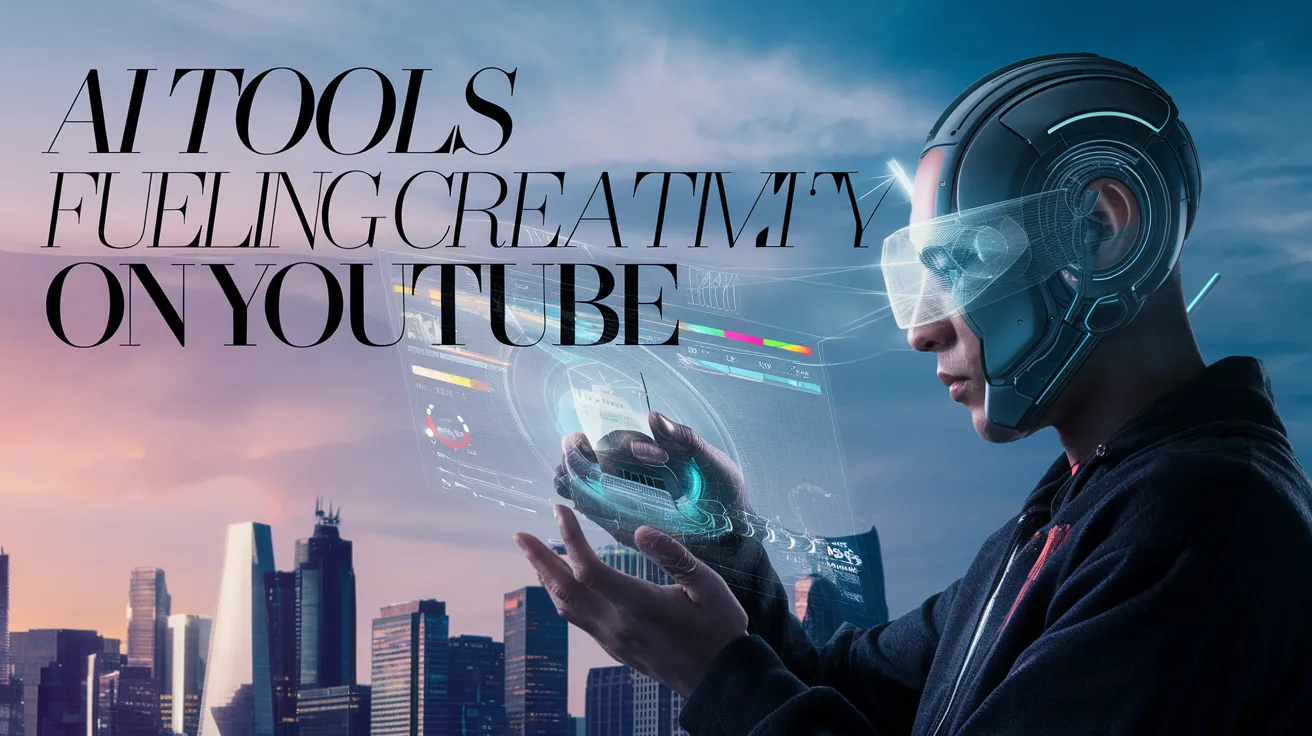AI Tools Fueling Creativity on YouTube

AI tools can help “fuel creativity” by removing some of the “drudgery” from work, according to Steve McLendon, podcast expert and YouTube group product lead. His comments come as the Google-owned video platform announced a milestone of one billion monthly users for podcasts for the first time.
While concerns about the potential impact of generative AI on job displacement linger, McLendon believes that such tools can assist workers, especially those in creative fields, by alleviating administrative burdens. He highlighted how these advancements could empower creators to concentrate more on their artistic endeavors.
“I think as it relates to podcasts and creators – really creators across YouTube – a lot of these AI products are tools that will help fuel creativity,” McLendon stated in an interview with the PA news agency. He articulated the challenges in the creation process, noting that there is often a considerable amount of drudgery involved. His team aims to facilitate creators’ focus on their passions, rather than on monotonous tasks, underscoring the significant value that AI tools could unlock.
Last year, Google drew attention with the addition of an audio feature to its AI-powered research tool, NotebookLM. This feature converts lengthy documents into AI-generated audio content resembling podcasts. However, McLendon remarked that the technology typically utilizes a limited range of voices and maintains a uniform tone, suggesting it may not compete with human podcasters substantially. Nonetheless, he believes the tool offers utility for people seeking to engage with content efficiently.
On the topic of YouTube’s podcast milestone, McLendon noted the growing significance of podcasts as a broadcast medium and drew parallels with the historical impact of television in opening up new avenues for home entertainment. He stated, “I’m not sure that people really think of how big and prevalent podcasting is – certainly, they don’t think about how significant podcasting is on YouTube.” His insights reflect the deepening connection podcasts foster between listeners and creators, facilitated by the visually engaging format that YouTube offers.
In concluding his thoughts on the evolution of broadcasting, McLendon compared YouTube’s role in shaping modern media to that of traditional television, suggesting that just as TV transformed radio, YouTube is reshaping podcasting, making it more intimate and accessible.